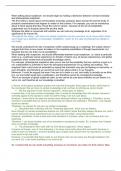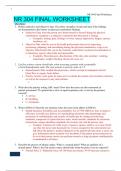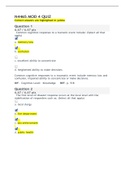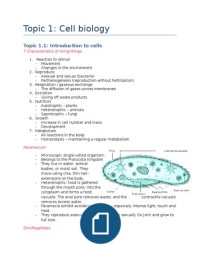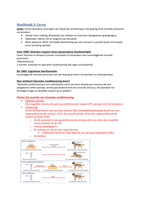Essay
Scepticism essay
- Module
- Scepticism
- Institution
- AQA
A* graded essay regarding the sceptical challenge towards philosophy. Including philosophers such as Descartes and Russell, also includes original thoughts which enabled me to achieve an A* in the philosophy A level.
[Show more]
